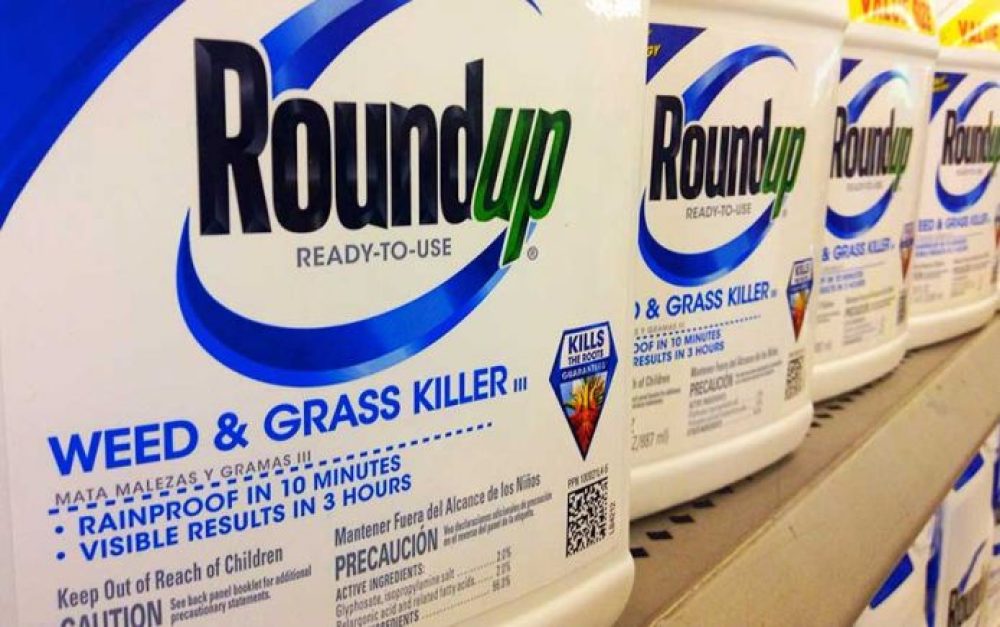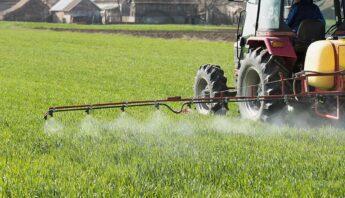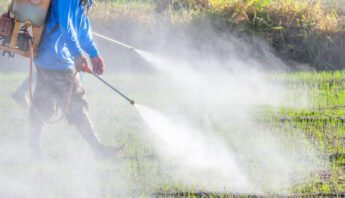In a surprise move earlier this week, European officials put a hold on continued use of glyphosate, the active ingredient in Monsanto’s flagship herbicide RoundUp. Meanwhile, the Environmental Protection Agency (EPA) is now well into its seventh year of reviewing the controversial chemical.
The European delay comes in the face of strong opposition to the proposed 15-year re-licensing agreement from Italy, France, Sweden and the Netherlands.
Public concern has been growing since the World Health Organization (WHO) labeled glyphosate a “probable human carcinogen” early last year. More than 1.4 million people have since signed a petition calling on health officials around the world to take action on the widely used herbicide, and more than 96 European scientists have also taken a public stand.
Even so, the renewal had been expected to sail through.
According to an in-depth article in The Guardian, the European commission may propose a shorter licensing period or limits on some glyphosate formulations deemed particularly hazardous. The Netherlands, however, is calling for a hold on any re-licensing until a evaluation of glyphosate’s toxicity is completed next year.
If some kind of action is not taken at the next EU pesticide committee meeting in May, the glyphosate license will expire at the end of June.
U.S. lags, Monsanto plays defense
The controversy in Europe reflects increasing concern worldwide about the impacts of the widespread use of glyphosate. Our colleagues in the PAN UK office are tracking the growing number of actions around the world to restrict or eliminate glyphosate use.
In the U.S., EPA began its reregistration review of glyphosate in 2009. In late March 2015, following the WHO cancer finding and additional research linking glyphosate to antibiotic resistance, PAN Senior Scientist Dr. Marcia Ishii-Eiteman released a statement calling for urgent action from both EPA and the U.S. Department of Agriculture on the widely used herbicide:
Continuing with ‘business as usual’ means ongoing daily exposure in rural communities to a probable cancer-causing chemical — and is not an option…. Now more than ever, American farmers need support in shifting from today’s toxic, ineffective and unsustainable model of agriculture into one that is productive, ecologically resilient, healthy and safe.”
Meanwhile, Monsanto is increasingly looking to the courts to defend its beleagured product. The corporation’s lawyers immediately challenged WHO’s carcinogenicity finding last spring. And in January, Monsanto took California officials to court for moving forward with listing glyphosate under Prop 65, a state law mandating labels and notification for all chemicals known to cause cancer, birth defects or reproductive harm.
The delay tactic behind the corporation’s legal actions is clear. But as Marcia noted in a previous GroundTruth blog on the topic: “It’s our food and farming system that’s at stake — not Monsanto’s.”
Photo: Mike Mozart | Flickr







